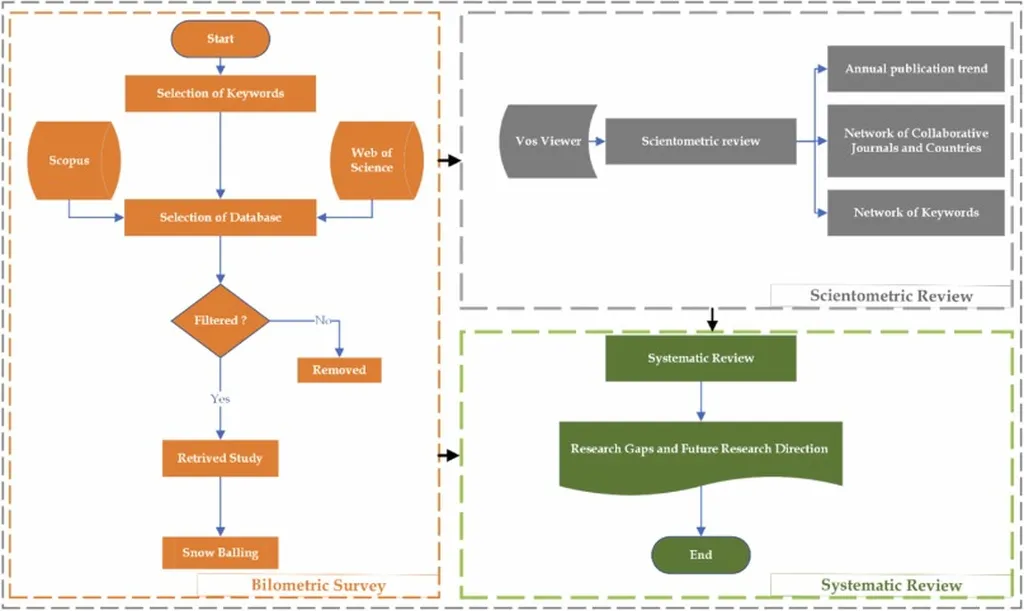In the ever-evolving landscape of construction project management, a new study is challenging the status quo and offering a fresh perspective on economic management. Jose Javier Gil-Sebastián, a researcher from the Escuela Técnica Superior de Arquitectura at Universidad Politécnica de Madrid, has delved into the world of Lean Integrated Project Delivery (IPD) and its potential to revolutionize the way construction projects are managed, particularly in the energy sector.
Traditional project management methods have long been the norm, but Gil-Sebastián’s research suggests that Lean IPD could offer significant advantages. “The way we manage costs and remunerate agents in traditional project delivery can often lead to inefficiencies and misaligned incentives,” Gil-Sebastián explains. “Lean IPD proposes a different approach, one that could streamline processes and enhance collaboration.”
The study, published in the journal ‘Anales de Edificación’ (translated to English as ‘Building Annals’), highlights three fundamental aspects where Lean IPD differs from traditional management: remuneration of agents, cost management tools, and expense management. By analyzing existing scientific literature and conducting interviews with representatives from major Project and Construction Management companies in Spain, Gil-Sebastián identified potential barriers and levers in the dissemination of Lean IPD in the country.
One of the key findings of the research is the potential for Lean IPD to foster a more collaborative environment. “In traditional project delivery, different stakeholders often have conflicting interests,” says Gil-Sebastián. “Lean IPD encourages a more integrated approach, where all parties work together towards a common goal. This can lead to more efficient use of resources and ultimately, better outcomes for the project.”
For the energy sector, which often involves complex and large-scale construction projects, the implications could be significant. Improved economic management could lead to more efficient use of resources, reduced costs, and enhanced project outcomes. Moreover, the collaborative nature of Lean IPD could facilitate better integration of new technologies and innovative solutions, driving the sector towards a more sustainable and efficient future.
The study also sheds light on the potential barriers to the widespread adoption of Lean IPD. These include resistance to change, lack of understanding of the new methods, and the need for cultural shifts within organizations. However, Gil-Sebastián believes that these barriers can be overcome with proper education, training, and a commitment to continuous improvement.
As the construction industry continues to evolve, research like Gil-Sebastián’s plays a crucial role in shaping the future of project management. By challenging traditional methods and exploring new approaches, we can drive innovation and improve outcomes for all stakeholders involved. The journey towards more efficient and effective project management is ongoing, and Lean IPD could well be a significant step in the right direction.

